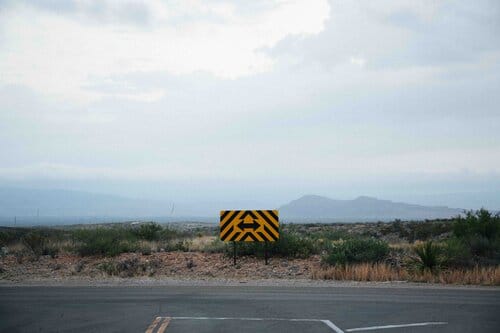“People tend to prefer the certainty of misery versus the misery of uncertainty.” I am not sure where I originally heard this or who is credited for saying it, but it certainly rings true. Uncertainty can be brutal. Uncertainty can be so unbearable that the avoidance of it can lead us to stay in some pretty terrible situations, or keep us from changing behaviors that are leading us down a dangerous path. I am not sure if there has ever been a time in recent history where everyone is feeling the presence of uncertainty moving in like an army that has us surrounded. Many of us have never been so unsure about what the future holds. If you are like me, I am sure you have had those moments of intense fear in which you wonder if the entire fabric of society is about to tear…or even worse, you begin to wonder if the fabric was just an illusion all along. Whether it is uncertainty about your health, your financial security, your family’s safety, your job, or the state of the world in general, chances are your nervous system and psyche are doing everything they can to manage the many risks that have exploded into your conscious awareness and it’s probably getting exhausting!
There is a way to find relief from the stress of uncertainty. However, there is a catch. The path to finding relief from uncertainty…is to embrace uncertainty. When we are in our early years of life, our brains are exploding with developmental growth, particularly between the ages of zero to three. This is also the time in which we develop comprehension and use of language. Language is crucial to development. If you have children, you have gone through the phase of labeling everything your child comes into contact with. While this is torturous at times, we all instinctively know just how important it is to do…both on the side of the parent teaching it, and on the side of the child asking, “What’s that?” Language is essential for communication, and communication is essential for getting our needs met. Language is also essential for creating any sense of control in the midst of chaos. Imagine how the world must look to a toddler, and imagine how terrifying it would be if you had no mechanism to understand all the moving parts around you…to understand that this thing is called that, and this is how that thing relates to that other thing, and when I feel this it is called that, and so on. For a child, being certain that there is order to the chaos is the only way they can trust that they are safe. For a child, certainty is akin to oxygen. Fast forward to adulthood and the same instinctual drive toward certainty rules much of our thought processes. We tend to label, categorize and assign value to the people, places and things around us. Certainty continues to create a feeling of safety, a feeling of understanding the world around us…but it may be time to challenge that belief.

There are risks to investing our sense of safety in certainty as we grow into full-fledged adults. When the people, places and things around us begin to change and shift, they are not so easy to label and categorize. And when that happens things suddenly begin to feel less safe. When we pull back the lens and take an honest look at what we know to be certain, we are faced with the uncomfortable truth that the label of “certain” may be overused in a day to day experience. The job, the relationship, the plan, the beliefs, the ideology, these are all things that we tend to seek certainty in. But if we allow for uncertainty to exist in the space of these realities we may find that we are not as rattled when they abruptly shift. If we accept, and perhaps even embrace uncertainty two things can happen. One, we are not setting ourselves up for a crisis when the thing that was once certain no longer is, and two, we are less at risk for taking it for granted in the present moment. In many ways, embracing uncertainty may be the best practice of emotional well-being. With this approach we can simultaneously make ourselves resilient to change, while at the same time appreciating what we have right in front of us. I am certain of it.
Adam Swanson, LMFT, Lido Wellness Center

